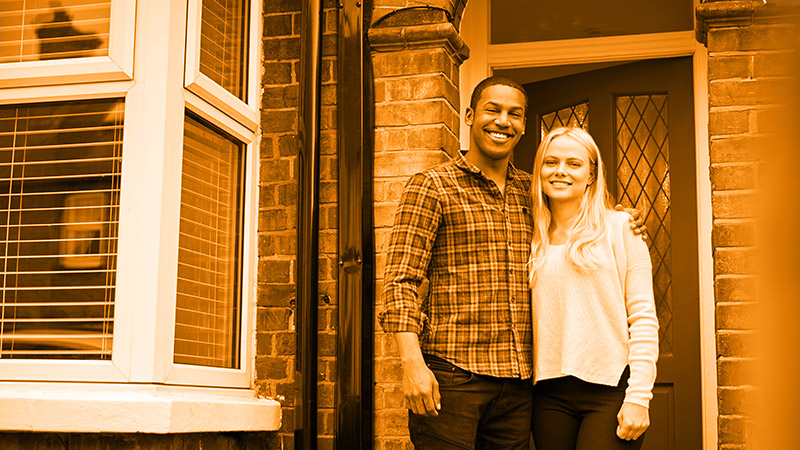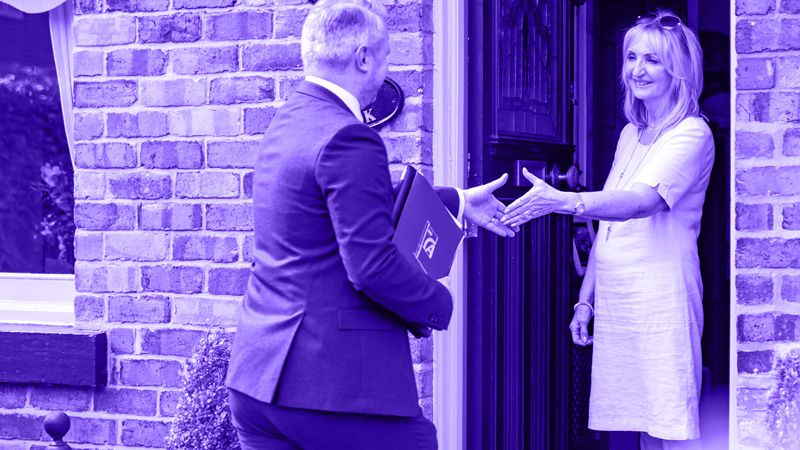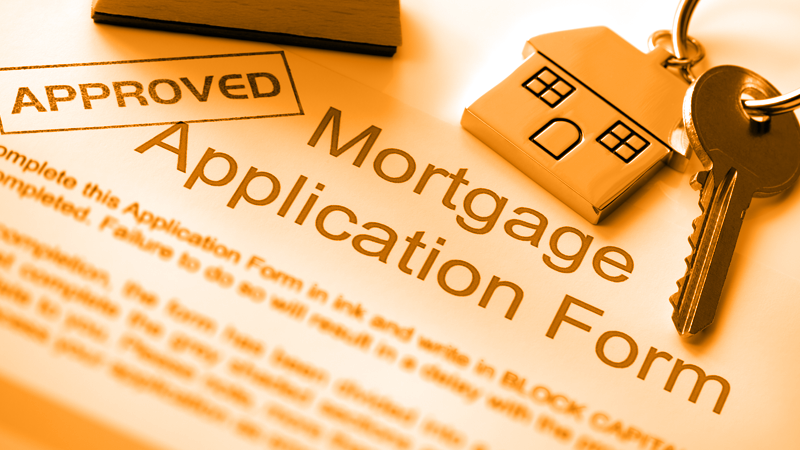If you’re living with a disability or a long-term illness and have applied for a mortgage and been turned down, you may wonder if your health situation is to blame.
While many may think that’s the case, the problem often comes from the lack of affordability – which can happen to anyone, not just disabled or ill individuals.
In most instances, the inability to pass an affordability assessment comes from the borrower being on benefits or a small income, which lenders see as risky.
Even with a disability, you must meet the lender’s requirements before you are deemed a viable candidate for a UK mortgage.
If you are wondering if you can get a mortgage in the UK if you’re disabled or suffering a long-term illness, wonder no more. Wonder no more! We bring the answers directly to you!
Below, we cover the legalities involved in getting a mortgage if you’re disabled and on benefits. Believe it or not, there are lenders more than willing to assist!
The Equality Act 2010 Says All UK Mortgage Applicants Must Be Treated Fairly
The Equality Act 2010 states that lenders must treat applicants fairly.
What does this mean? It means that you cannot be rejected or required to meet stricter criteria (more interest to pay or higher deposit requirements) based on your disability or health status when applying for a mortgage in the UK.
Mortgage lenders in the UK must strictly base their outcomes on the applicant’s credit score and the loan’s affordability.
This means that unless your disability or illness impacts your ability to pay for the loan, you cannot be rejected based on illness and disability!
The Act states that anyone with “a physical or mental condition that has a substantial and long-term impact on your ability to do normal day-to-day activities” will be protected by the Act.
Mortgages for Disabled People in the UK
If you have a long-term illness or disability, you may be living on benefits, and it’s this little fact often impacts the outcome of a disabled or ill person’s mortgage application in the UK.
However, because benefits are considered unreliable income, you may find it challenging to qualify for a UK mortgage application.
But that doesn’t mean that all applicants on benefits will be turned away.
In fact, if you’re on disability benefits and you’re also employed, this could be a good thing for your mortgage application.
This means that your benefits are seen as a boost to your existing income.
In scenarios where your benefits are larger than your salary/income, you may find it a little more challenging to qualify.
All of this said, even if your entire income is benefits based, there are still lenders willing to help you get the funding you require for your mortgage.
UK Disability and Illness Benefits Most Likely to Be Accepted by UK Lenders
Lenders are only concerned with affordability and, of course, your ability to repay the loan.
This is why certain benefits are accepted over and above others, as they are considered more stable.
Also, you can only use a benefit as proof of sufficient income if the main applicant is the claimant of the disability benefit.
The following benefits are most often accepted by mortgage providers in the UK:
- Disability Living Allowance – DLA
- Adult Disability Benefit
- Personal Independence Payments (PIP)
You must provide proof of your benefits income when applying for a mortgage.
But what if you’re not on a disability benefit but receive other benefits?
Can they be used as proof of sufficient income?
Some benefits that aren’t disability-related can be used, and these usually include the following:
- Maternity Pay
- Widows Pension
- Child Benefit
- Child Tax Credit
- Universal Credit
- Working Tax Credit
- Job Seekers Allowance
- Attendance Allowance
- Carers Allowance
Of course, getting benefits and an income doesn’t automatically mean that you will qualify for a mortgage.
Mortgage lenders will consider your full income (salary + benefits) and compare this to your current and ongoing expenses.
If you have a small amount of money available at the end of the month, and it appears you won’t comfortably afford the loan repayments, the application will most-likely be rejected – not because of your disability or long-term illness but merely on the basis of ill-affordability.
Schemes That Help Disabled Applicants Get UK Mortgages
In some instances, getting a disability UK mortgage can prove challenging.
If this is the case, you can use one of the several schemes available that help disabled applicants get into the property market.
One such scheme is the MySafeHome scheme which offers shared-ownership options.
You can use this scheme if you’re on PIP (Personal Independence Payment), DSA (Disability Living Allowance), Universal Credit, Pension Credit, or ESA.
Another scheme is the HOLD scheme, which also offers shared-ownership options.
To be eligible for this scheme, you must prove that you can’t buy a suitable home that caters to your disability or illness.
You must also be a first-time property investor and earn no more than £80,000.
Making the Process Easier for Applicants of Disability Mortgages in the UK
If you’re at a loss for where to start or just need a bit of guidance to make the mortgage application process easier for you, it’s best to chat with an experienced mortgage broker who has knowledge of the industry and working experience helping disabled people or those with a long-term illness to get the funding they need to buy a home.
Call us today on 01925 906 210 or contact us. One of our advisors can talk through all of your options with you.

















